India’s opposition fumbles, Dutch coalition stumbles, Japan’s LDP tumbles
- Oops!Something went wrong.Please try again later.
- Oops!Something went wrong.Please try again later.
The News
This year is being defined by elections. With so many votes around the world, it can be hard to keep track of them at all.
In this edition of Global Election Hot List: Nationalists rise in Austria and the Netherlands, turmoil for India’s opposition alliance, and presidential speculation surrounds the ex-wife of a Liberian warlord.
Know More
1. India — Opposition collapse
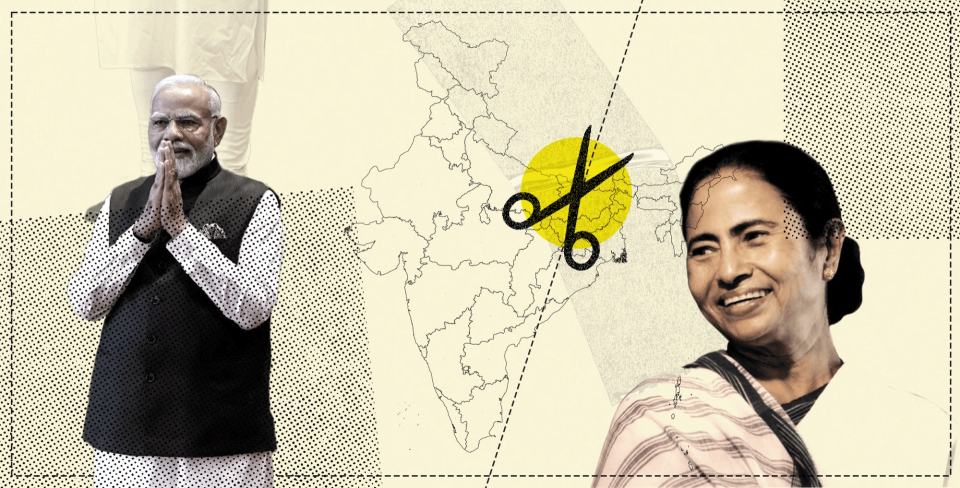
India’s opposition alliance appears to be fraying at the seams, with Prime Minister Narendra Modi charging ahead in polls for April and May’s general election. Despite launching with a robust array of parties from across the country last year, the INDIA alliance has “made little headway” in legislative election polling. Prominent defections, including West Bengal’s leader Mamata Banerjee, have cut into the coalition’s support, with a crackdown on opposition figures contributing to the decline. “The INDIA alliance is collapsing very rapidly,” stated one analyst.
2. South Africa — EFF outcry
South Africa’s far-left Economic Freedom Fighters have launched their campaign with a rejection of the country’s post-apartheid constitution, which the party’s leader described as forged by an “elite pact.” EFF head Julius Malema said that his constituents have not benefited sufficiently from redistribution of wealth during the tenure of the African National Congress, which led the campaign against apartheid. The EFF polled near 20% in the latest Ipsos poll, though a new breakaway movement backed by former ANC leader and national President Jacob Zuma could cut into that support.
3. Netherlands — Talks stumble
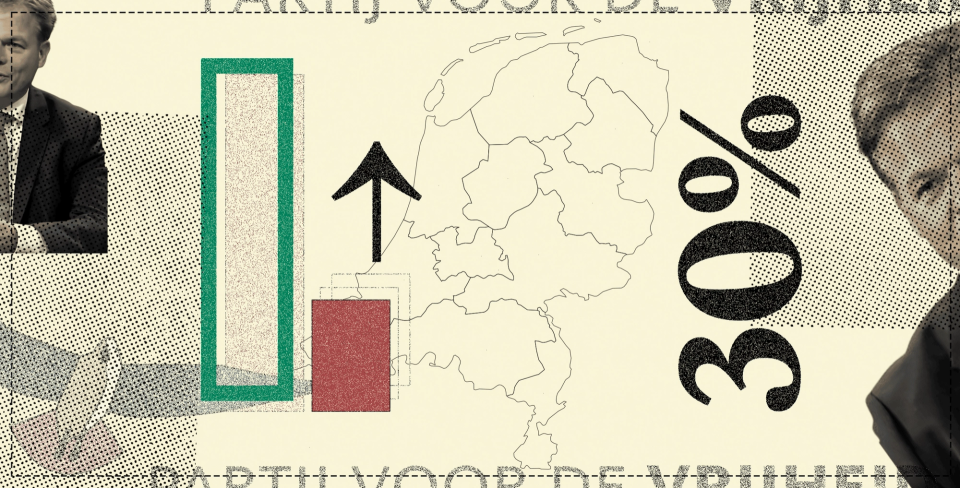
Dutch coalition talks have hit a snag, potentially throwing the country to snap elections — as nationalists rise to shocking heights. Disagreements mostly seem to center on the viability of allowing the far-right PVV party into government, with one potential coalition member exiting the negotiations without an agreement. The PVV has risen beyond 30% of the vote in Dutch polls. If replicated in an election, a figure like that could make it much more difficult to keep the party from power.
4. Turkey — Capital re-election
The capital of Turkey, Ankara, appears set to re-elect its opposition party mayor in upcoming local elections, and by a margin far greater than in 2019. Mansur Yavas, who was considered a potential presidential candidate last year, could take more than 60% of the vote in the March election. Turkey’s opposition will battle to defend gains it made in the last local polls, with the country’s largest city Istanbul also taking center stage.
5. Japan — LDP tumble
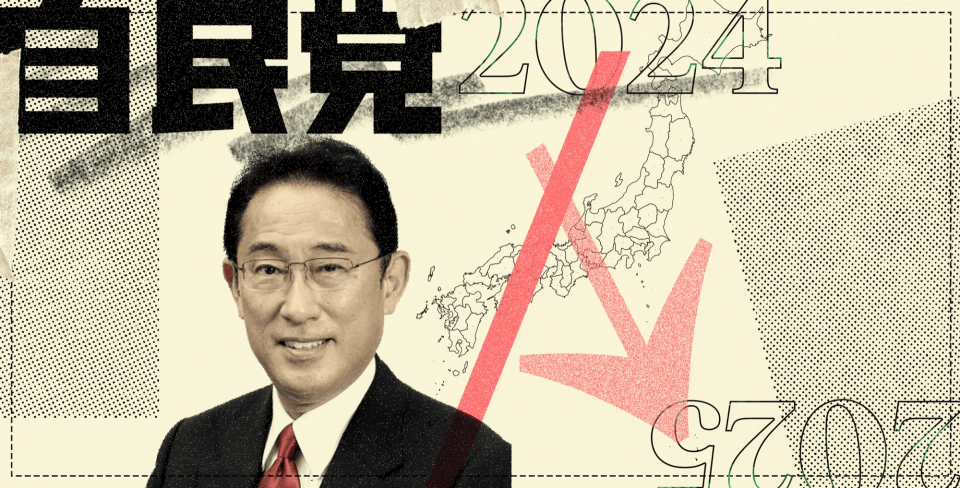
As Prime Minister Fumio Kishida’s approval ratings sink to stunning lows, rare signs of an opposition breakthrough have emerged in legislative election polling. One survey, from Japanese pollster JX, had Kishida’s LDP and the opposition CDP in a virtual tie; another poll, from the Mainichi Shimbun, likewise now sees voter identification with the two parties at the same level, with the LDP dropping 7 points in just a few weeks. The next Japanese election isn’t scheduled until 2025, but the LDP could be in for the fight of its life if numbers like these hold — or worsen.
6. Austria — Nationalists looming
Austria’s nationalist Freedom Party is the frontrunner in this year’s general election, amid decaying “red-lines” around similar parties in the European Union. The party currently stands at 27% of the vote in Politico’s polling average, though that figure is down from 30% in December. Leader Herbert Kickl has been described as “anti-vaccine” and “pro-Russia” by international sources. While it’s not guaranteed the party will be allowed into government, Austria has seen a coalition including the Freedom Party in the past, and there are currently multiple examples of the party’s counterparts in power across the EU.
7. El Salvador — Electoral mishaps
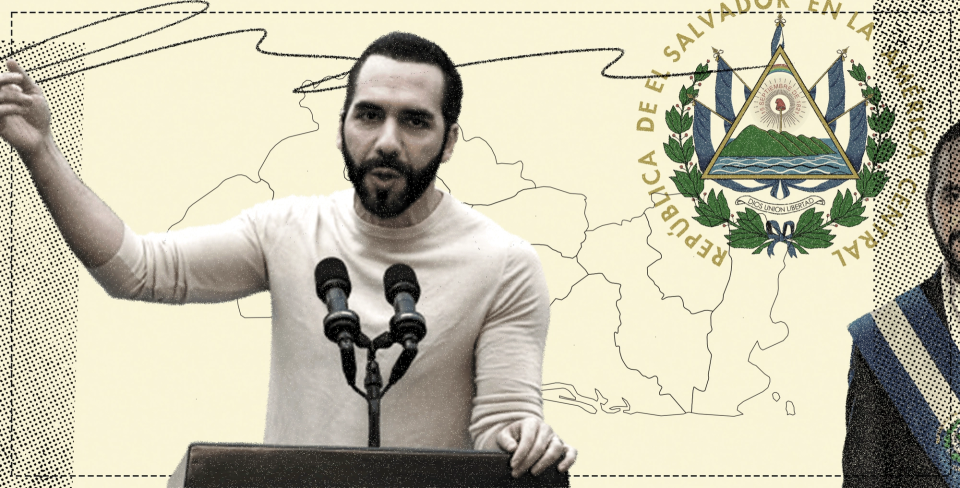
El Salvador’s haphazard shift in electoral processes created unnecessary confusion in recent legislative elections, according to IFES analyst Maximo Zaldivar. Last minute changes to the electoral system, designed to assist President Nayib Bukele in consolidating power, resulted in insufficient training for election officials managing the vote, creating problems during the counting. These changes were already controversial among legal experts, as El Salvador’s constitution prohibits electoral reforms from being implemented for a year prior to elections.
8. Guatemala — Appointment reform
Guatemala’s new president has opened up gubernatorial appointments to ancestral authorities, a historic development in a country with a fraught history of Indigenous relations. President Bernardo Arevalo pledged to make the selections transparent, in a shift away from an opaque process that was accused of being infected by political cronyism on the part of the incumbent administration. For the first time, Guatemalan Indigenous leaders will appear on the list of candidates, to eventually be appointed by the president.
9. Liberia — Jewel Taylor
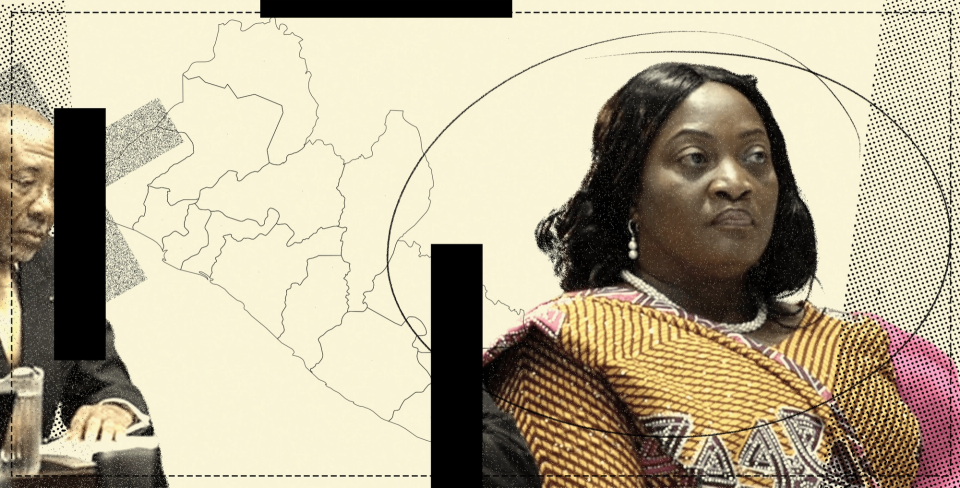
Liberia’s former Vice President Jewel Taylor gave a vague answer on her presidential aspirations in an interview with The Africa Report — and on her views towards her warlord ex-husband, Charles Taylor. Jewel, who formerly led Charles Taylor’s National Patriotic Party, said that “now is the time to set aside individual political aspirations,” but declined a firm statement on whether she would seek the presidency. Her former husband, considered one of the world’s most brutal warlords, is currently serving a sentence for crimes against humanity. When asked about him, Jewel referred to the “never-ending echoes of his name,” while also praising his former party as “one of the largest grassroots institutions in Liberia.”
Notable
The date for the Basque Country’s election has been officially set for April 21, in a contest that could bring left-wing nationalists to power.
Russian liberal Boris Nadezhdin was barred from running in upcoming presidential elections, in what was called the removal of “Putin’s last significant challenger.”

